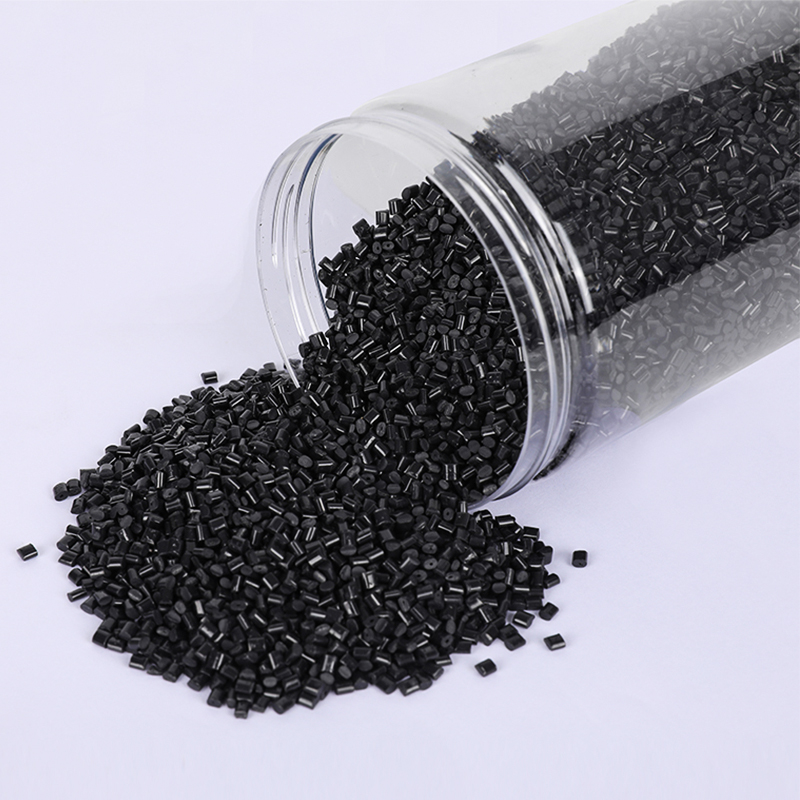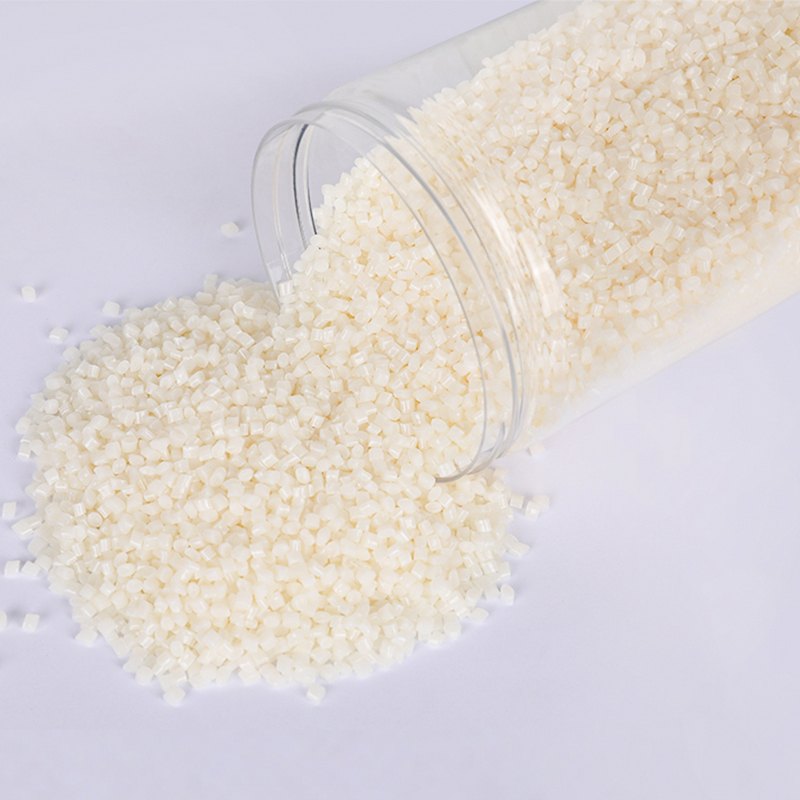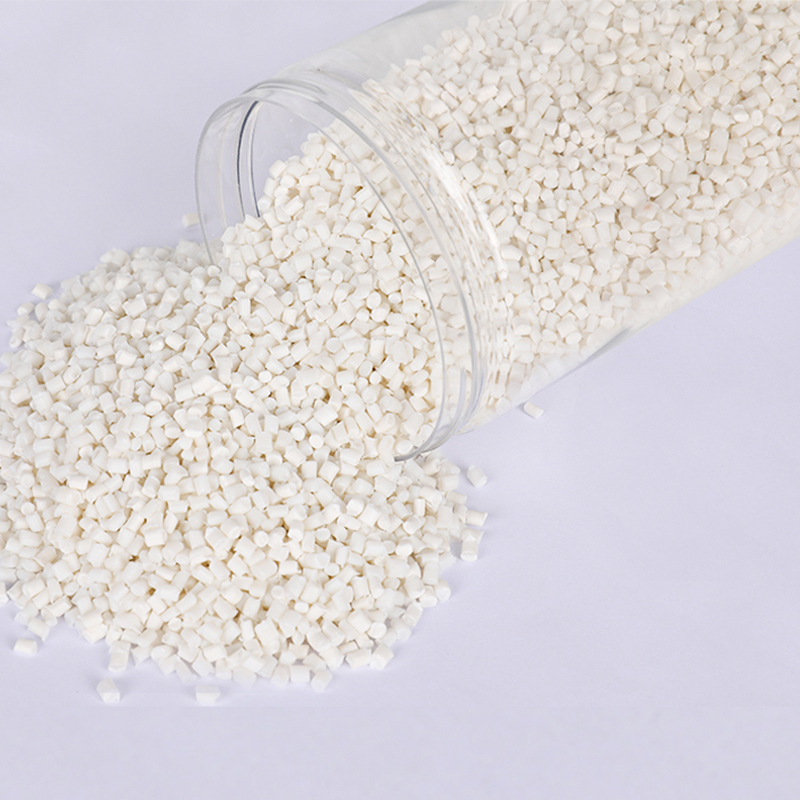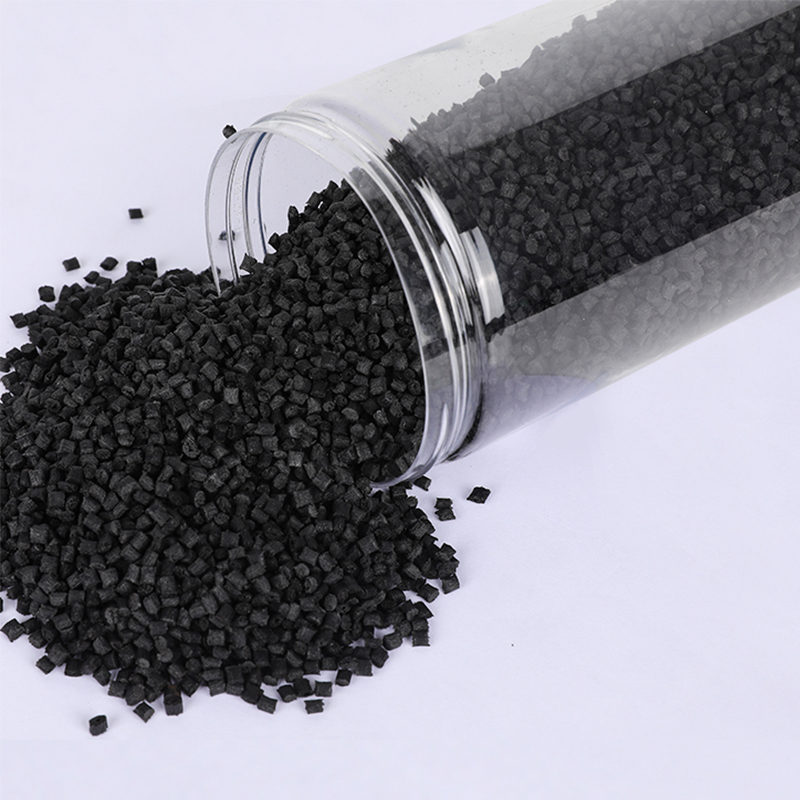Stay up to date with our recent products
Web Menu
Product Search
Exit Menu
What is the overall economic impact of integrating RPA Recycled Polyamide into supply chains and production cycles?
In a world increasingly cognizant of environmental concerns and sustainability imperatives, the integration of recycled materials into supply chains has emerged as a pivotal strategy for businesses aiming to navigate economic landscapes while simultaneously addressing ecological challenges. Among these materials, RPA Recycled Polyamide stands out as a beacon of innovation and economic opportunity, offering a multitude of benefits to companies across various industries.
At the forefront of the economic impact lies the promise of cost savings. Integrating RPA Recycled Polyamide into supply chains can significantly reduce reliance on expensive virgin resources. By leveraging recycled materials, companies can curtail production costs, thus bolstering profitability and offering competitive pricing for their products. This shift not only enhances the economic viability of businesses but also fosters a sustainable bottom line that aligns with evolving consumer preferences.
Moreover, the adoption of RPA Recycled Polyamide enhances supply chain resilience by diversifying sourcing options. In an era marked by volatility in raw material prices and supply disruptions, the inclusion of recycled materials mitigates risks and ensures a stable, sustainable supply chain. This resilience equips businesses with the agility to navigate dynamic market conditions while maintaining operational continuity, ultimately enhancing long-term economic stability.
The economic impact of integrating RPA Recycled Polyamide is further underscored by its alignment with regulatory frameworks aimed at promoting sustainability. With governments worldwide enacting regulations and incentives to incentivize the use of recycled materials, companies embracing RPA Recycled Polyamide gain a competitive edge in compliance. By adhering to these regulations, businesses not only avoid potential penalties but also gain access to incentives such as tax breaks and subsidies, amplifying economic benefits.

Beyond regulatory compliance, the integration of RPA Recycled Polyamide cultivates brand reputation and appeals to environmentally-conscious consumers. In an era characterized by heightened environmental awareness, consumers increasingly gravitate toward sustainable products and brands that prioritize eco-friendly practices. By embracing recycled materials, companies enhance their brand image, fostering consumer trust, and loyalty. This enhanced reputation translates into increased sales and market share, driving economic growth and competitiveness.
Moreover, the adoption of RPA Recycled Polyamide catalyzes investment in research and development, propelling technological advancements in recycling processes. As businesses seek to optimize efficiency, quality, and scalability, innovation in recycling technologies becomes imperative. This investment not only enhances the economic viability of recycled materials but also fosters a culture of innovation that reverberates across industries, driving economic growth and sustainability.
While upfront investments may be required to integrate RPA Recycled Polyamide into production cycles, the long-term benefits far outweigh these costs. As recycling technologies advance and economies of scale are realized, the cost of producing and using RPA Recycled Polyamide diminishes, enhancing its economic viability. This sustained cost reduction underpins economic prosperity, positioning businesses for long-term success in a rapidly evolving global landscape.
As China PCR Recycled Plastic Granules Factory, We always adhere to the experience and philosophy of "keeping up with the times, constantly innovating, developing efficiently, and cooperating for mutual benefit"

Address: No.11, Wangzhuang Section, Provincial Road 01, Daqiao New Area, Economic Development Zone, Haiyan County, Jiaxing City, Zhejiang Province, China
Phone: +86-18058285678
Fax: +86-0573-86868101
E-mail: [email protected]
SUNRISE GROUP(Overseas Exclusive Agent)
www.sunrisechemical.com
2024 ICIS Global Chemical Distributor Top 8
Export Sales Manager:Helen Zhang
Mob/Whatsapp: +86 19883063465
Email: [email protected]
Copyright © Jiaxing Anyiju Plastic Industry Co., Ltd. All Rights Reserved

 简体中文
简体中文 English
English







